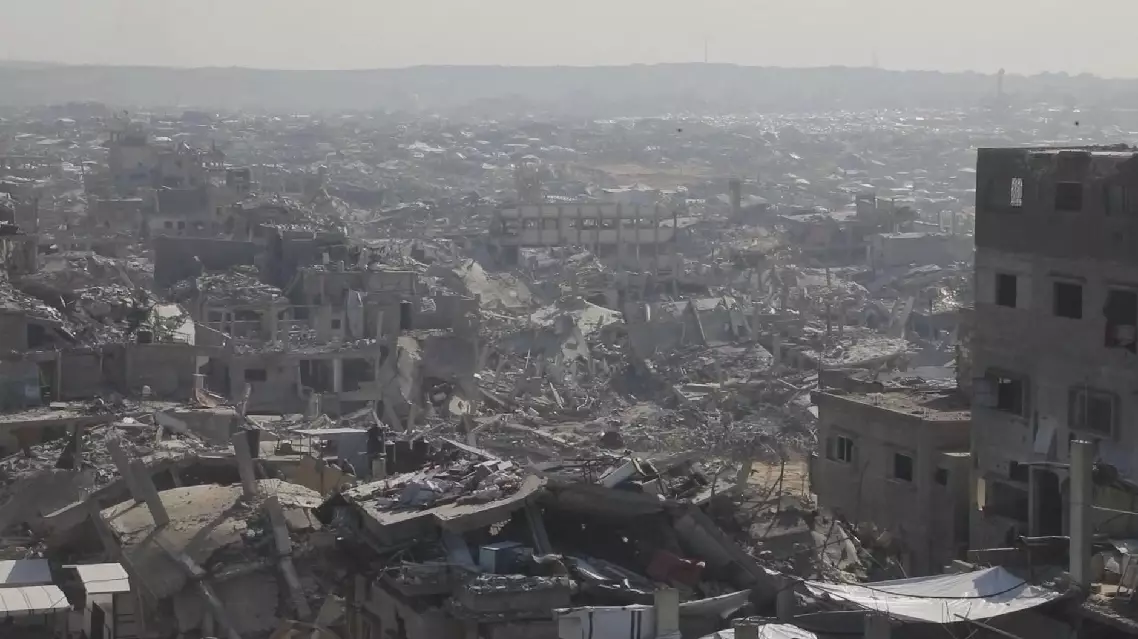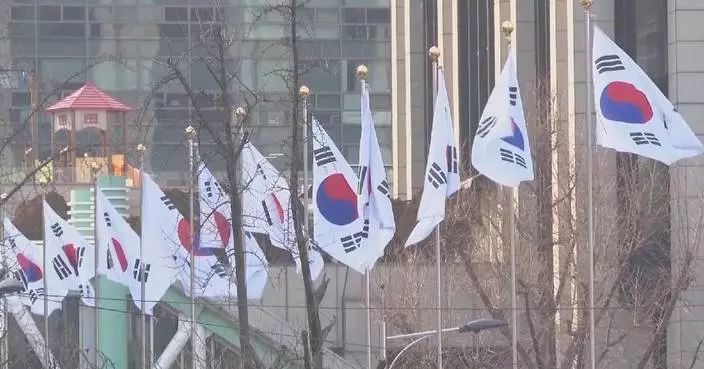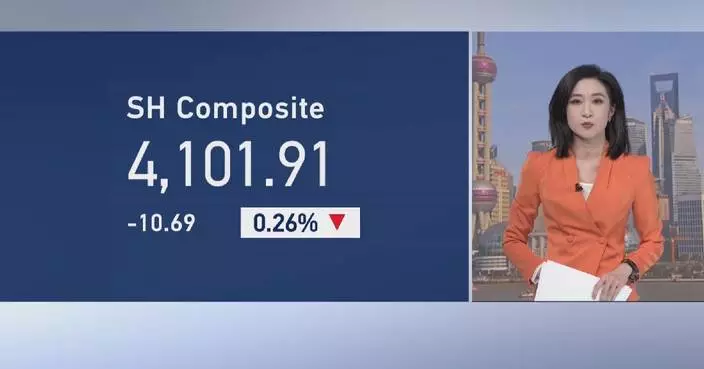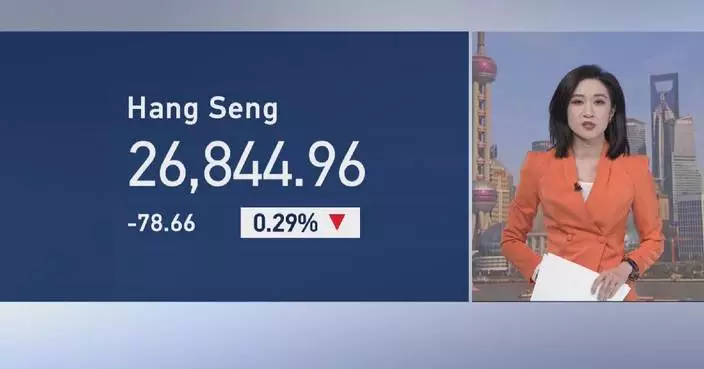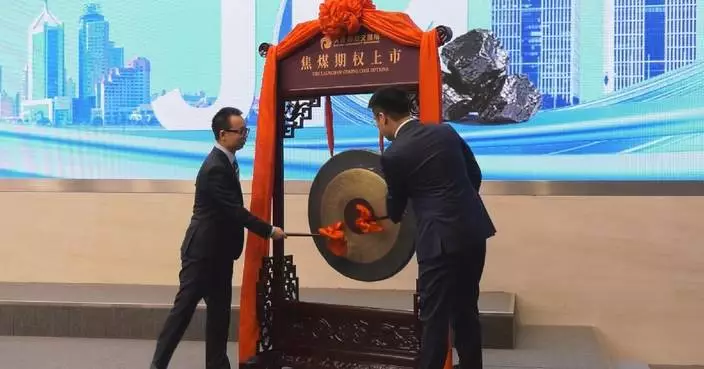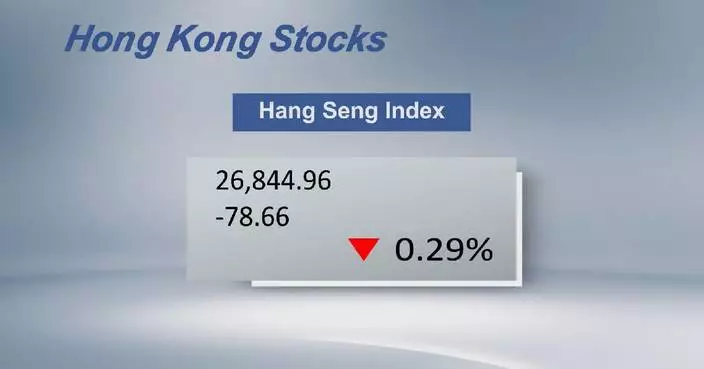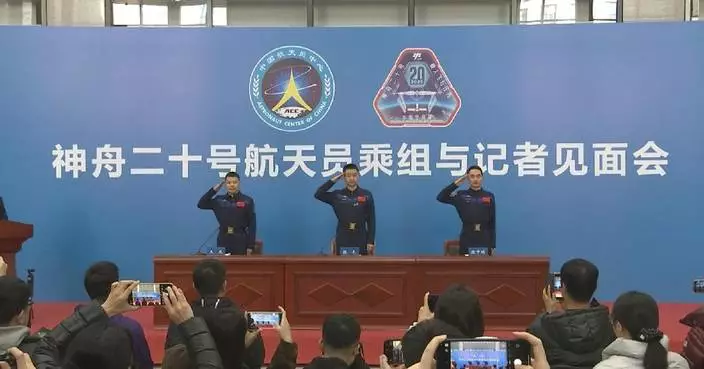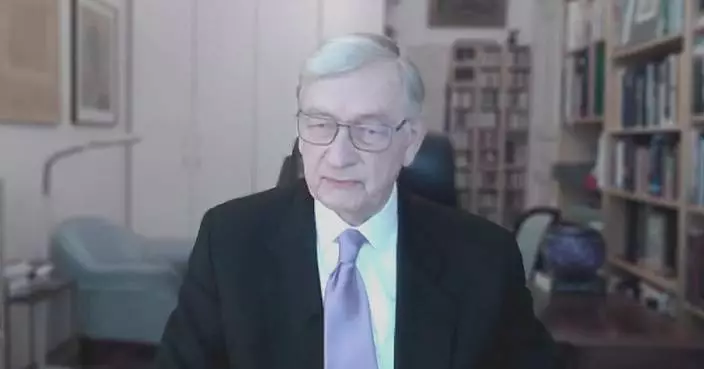As the 7th China International Import Expo (CIIE) draws near, organizers had basically wrapped up the six-day event's preparatory work by Saturday, with the construction of all exhibition booths completed.
Scheduled for Nov. 5-10 in Shanghai, the 7th CIIE features an exhibition area of over 420,000 square meters. Inside the venue, the National Exhibition and Convention Center (Shanghai), booth construction and exhibit arrangement have come to an end.
This year's expo will see participation of 77 countries and international organizations in national pavilions, along with nearly 3,500 exhibitors from 129 countries and regions in the business exhibition, both higher than the numbers of last year.
More than 400 state-of-the-art products, technologies, and services will be showcased in various exhibition areas, including those that will debut at the event. Over 400,000 professional visitors had signed up for the event by Saturday.
"The seventh CIIE has attracted a record 297 Fortune Global 500 companies and industry leaders. China's super-large market is becoming increasingly attractive to foreign businesses. This year, we will further enhance on-site service support to offer exhibitors and participants high-level comprehensive services," said Wu Zhengping, deputy director of the China International Import Expo Bureau.
The exhibition also coincides with the Hongqiao International Economic Forum. More than 8,000 registered guests and over 260 speakers will attend the main forum and 19 sub-forums and other related events.
Launched in 2018, the CIIE is the world's first import-themed national-level expo.
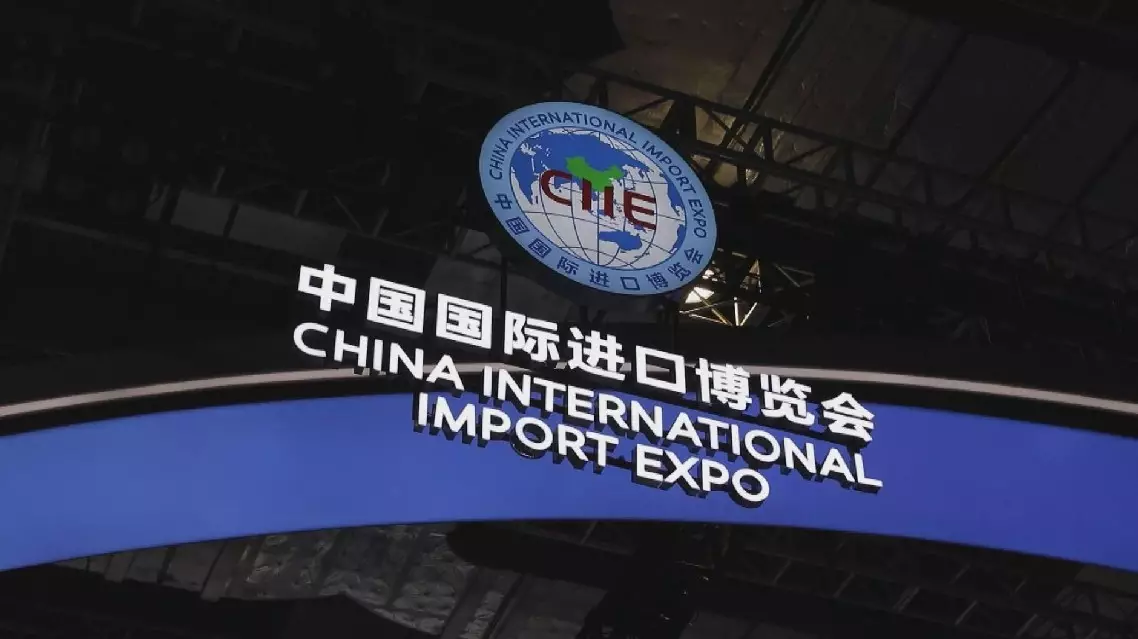
Preparation work for 7th China International Import Expo completes
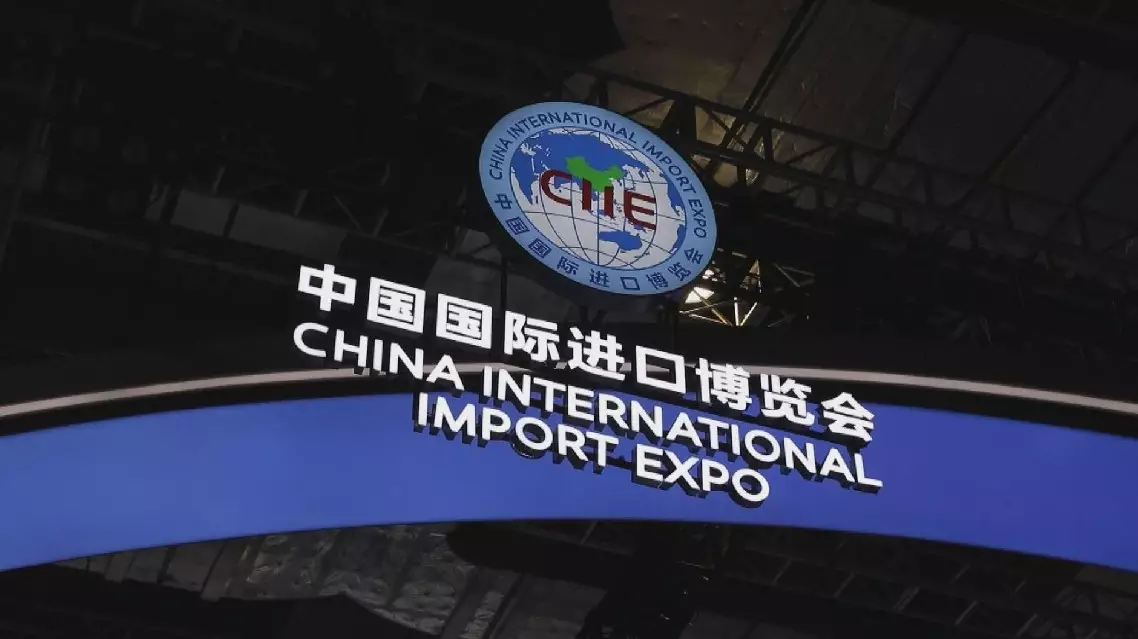
Preparation work for 7th China International Import Expo completes


